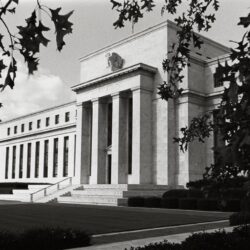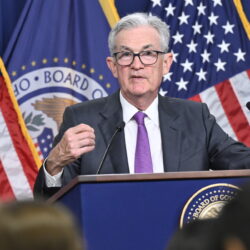
The Fed (Almost) Ruined Black Friday
“A record $1.3 trillion in credit card debt may be masking a weaker economy than the top-line spending numbers suggest, as consumers accrue debt to maintain a standard of living being crushed by rising prices in housing, groceries, and energy.” ~Spence Purnell





